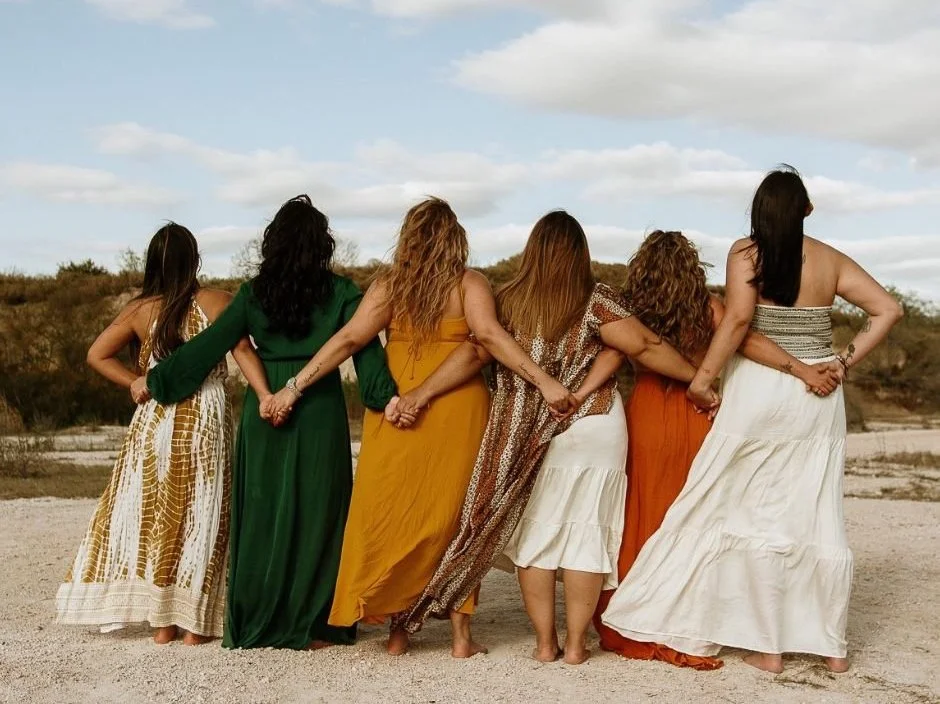Photo: Some of my books at home
In one of my previous posts I wrote about Ways to change the world and I promised I would dig more into these areas on how you can take action towards a more sustainable world. Before one start to make changes in their daily life or become an advocate for sustainability, one must know the facts. Sustainable development is a very big topic and it includes many different aspects. Sustainable development could be anything from global fish trends and the right policy making to regulate those, to local urban bee farming in Sweden or gender equality in the finance sector. To know everything about everything, is impossible. You must find what interests you the most.
However, there are some fundamental things I think anyone who talks about sustainability should keep on eye on and that is; the climate crisis, environmental trends or changes, general global social development and the world economy.
How do you keep yourself updated? In five ways I believe (except “normal news” which you should watch less):
Subscribe News Letters from organisations/research centre’s such as Amnesty, Red Cross, Greenpeace, Future Earth, Ellen Macarthur Foundation, AI Sustainability Centre, UN organisations and so on. I’m also following several scientific papers and get updates from Mendeley. For swedish speakers I believe Omvärlden and Aktuellt Hållbarhet are the basic musts.
Read proper reports and scientific papers. If you are into social media you’ll probably easy get news about latest report and significant reserach within the field. But you also get people’s opinion about them. Go back to the source and get your own opinion before taking in everyone else. An example would be Living Report by WWF, it’s so easy to read, there’s no reason not to read it yourself.
Listen to podcasts, the radio and watch documentaries. However, I would say prioritise public radio if you live in a functioning democratic society. The journalists there have done proper training and are much better at reporting from different perspectives compared to if you just go for Netflix. You’ll get my favourite channels in another post.
Read books. Okey, this one is probably among the most important ones. It might not provide you with latest news but it will give you stories with higher quality. To write a book is a much harder work than a twitter sentence and to be able to publish and be trust worthing, in most cases, you actually need to be someone that has knowledge about the topic. I’ll suggest you to read the books of Yuval Harari and Naomi Klien. I think I’ll write a post just about books too since this one is very important.
Follow the work of certain researchers (and on social media). I believe far to many people are following people who are not professionals in the area. It’s great that all these sustainable living influencers are coming up and activists that take more space in media. But they are not experts in the field and tend to promote whatever they believe is true, good or right. To actually know what’s better for the world you need to create you own idea based on facts provided by science. You could follow Johan Rockström, Kate Raworth, Johan Kuylenstierna, Victor Galaz, Will Steffen, Line Gordon, Jeffrey Sachs and Sarah Cornell (some of them you’ll find on Twitter), to mention a few. Stockholm Resilience Centre also has a list of female scientists. I would also suggest you to do a diversity analysis of your sources so you get science from all over the world (on my list of things to improve since most of the ones I’m following are from Sweden or western countries).
Get started, do some research, subscribe, follow and let yourself be educated. How to manage? Spend less time on Facebook, Instagram, Twitter and watching series on Netflix. Change your source of information from low quality to high quality.






